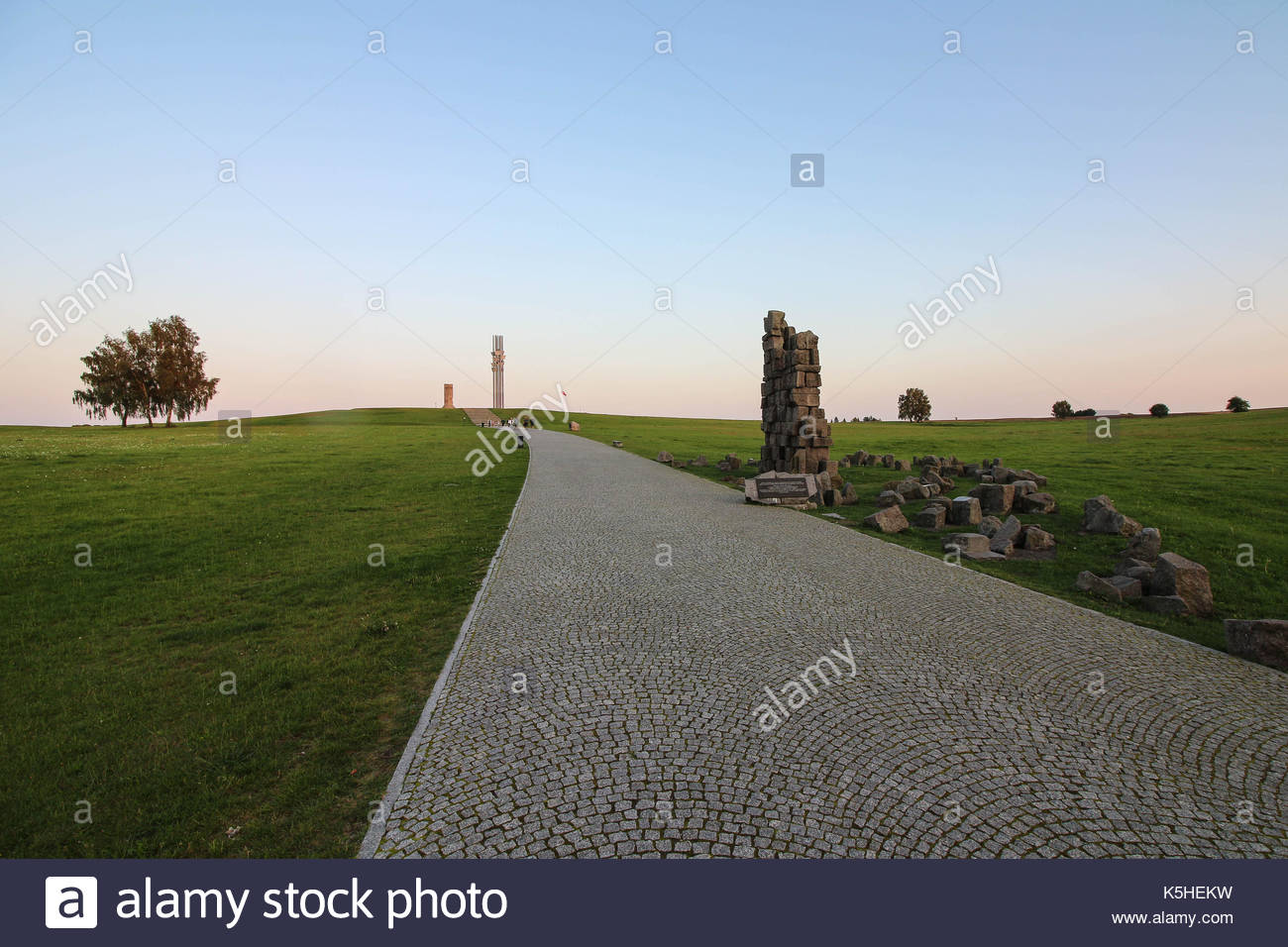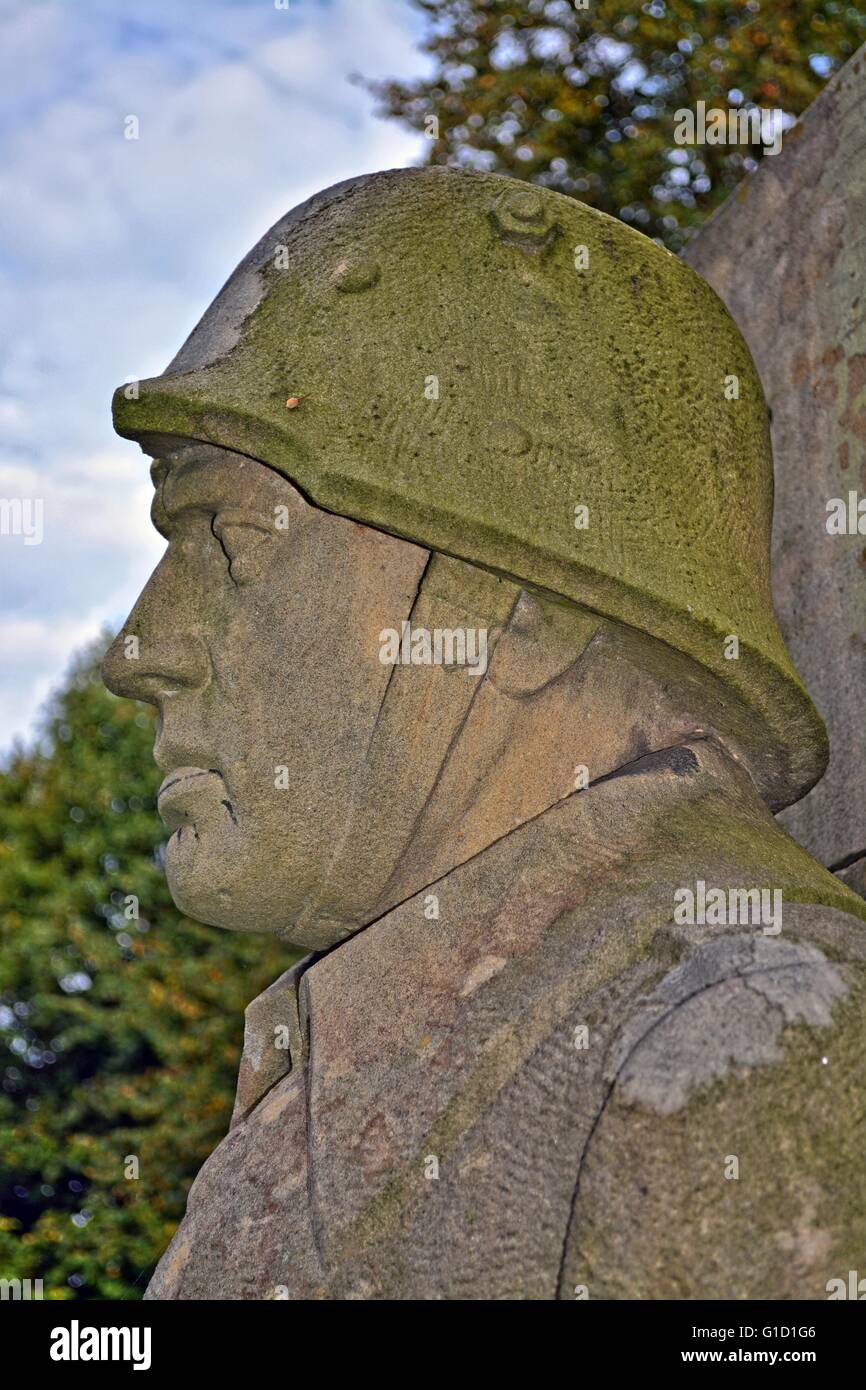

Memory of War and War Crimes: Japanese Historical Consciousness and the Tokyo Trial M.Futamura The Stories of Defeated Aggressors: International History, National Identity and Collective Memory after 1945 P.Finneyĭefeat, Due Process, and Denial: War Crimes Trials and Nationalist Revisionism in Comparative Perspective D.Bloxham Religious War, German War, Total War: The Shadow of the Thirty Years' War on German War Making in the Twentieth Century K.Cramer Taboos of Defeat: Unmentionable Memories of the Franco-Prussian War in France, 1870-1914 K.Varley In aggregate, they reveal a number of recurring themes: the rituals of humiliation, the influence of the Christian belief in sacrifice and redemption, and the enduring myths of the stab-in-the-back and the Lost Cause.ĭefeat and Memory in Modern History J.Horneĭefeat and Foreign Rule as a Narrative of National Rebirth – The German Memory of the Napoleonic Period in the 19th and Early 20th century C.Kollerįrom Heroic Defeat to Mutilated Victory: the Myth of Caporetto in Fascist Italy V.Wilcox They utilise a rich range of sources including school text books, war memorials, and advertisements. They encompass seven different countries and the experiences of diverse individuals from expatriated White Russians to thwarted kamikaze pilots.

These detailed case studies of the manner in which military defeat has been remembered range from the Napoleonic wars to Vietnam. History may be written by the victors, but it is lived equally by the vanquished. Immer wird ein Anfang markiert, der gleichwohl mehr ist, als ein bloßes historisches Datum: Der politische Mythos unterscheidet sich vom historischen Bericht - auch wenn beide nicht immer sauber zu trennen sind (dazu Wülfing u.a., Historische Mythologie) - darin, daß es ihm weniger um das Ereignis als solches, sondern mehr um die Sinnhaftigkeit des Vorgangs geht.įrom Appomattox Courthouse to the Hall of Mirrors at the Versailles Palace, from the beaches of Dunkirk to the toppling of the statue of Saddam Hussein in Baghdad, the moment of victory in any conflict, whether temporary of definitive, has and will always incorporate and equally powerful moment of defeat. Walzer, Exodus), oder durch die Herausstellung jenes Mannes, der mit einem Bündnis germanischer Stämme drei römische Legionen besiegt hat. Entweder handelt es sich um Erzählungen, die gegen die Dunkelheit des Vergangenen abgrenzen, indem sie von einem Gründungsakt, dem Beginn des Gemeinwesens, berichten, etwa in der Erzählung von den Wolfskindern Romulus und Remus, oder in dem Bericht von der Herausführung der Juden aus Ägypten durch Moses und den anschließenden 40jährigen Marsch durch die Wüste (vgl. Supposedly an ancestor of Hindenburg's had fallen at the battle in 1410, and thats why he chose the name for the battle.Es ist bemerkenswert, daß fast alle politischen Gemeinwesen zum Zwecke ihrer Selbstdarstellung immer wieder auf Mythen zurückgegriffen haben: Theseus und Romulus, Moses und Lykurg, Städtegründungen durch römische Soldaten oder genealogische Abkunft von trojanischen Flüchtlingen, Kaisersage und Reichsvision, Bastillesturm und Boston Tea Party, dazu die zahlreichen Heiligen, die als Versinnbildlichung politischer Gemeinwesen gedient haben - wie verschieden die genannten Beispiele auf den ersten Blick auch sein mögen, eines ist ihnen gemeinsam: In allen Fällen geht es darum, daß durch sie der Gemeinschaft, die sich auf sie beruft, Sinn und Identität verliehen wird. We all know too well how great ideas like the one embodied in the Tannenberg Mmorial, come to a sad and tragic end. This monument was also supposed t serve as a testimony of the Germanic 'cultural mission' in the east. Thus the victory in 1914 was supposed to serve as the symbol of revenge they got on the Slavs, whom they had always had in low regard. Hindenburg and the pan - German ideology wanted those two historical events to be conveniently associated with the same locality so as to wipe away the shamefuly excrutiating smashing the Tutonic Knights suffered in 1410 at Grunwald from the Polish-Lithuanian-Tartar-Belorussian army. from north-east to south-west, leaving the village of Tannenberg away from the main theater of war. The so called "2nd Battle of Tannenberg" obviously was not an event that could be linked with any particular place as the battle front extended over 200 km.

south-west off the town of Hohaltstein (Olsztynek) in a triangle between three villages: Stembark (in German: Tannenberg), Lodwigowo and Grunwald. The so called '1st battle of Tannenberg' took place ca.

This is and, at the same time, is NOT the same place as Grunwald. The Poles call it Grunwald, the Germans Tannenberg. Correct me if I'm wrong, but this is also the same place where the Teutonic Knights met their demise.


 0 kommentar(er)
0 kommentar(er)
